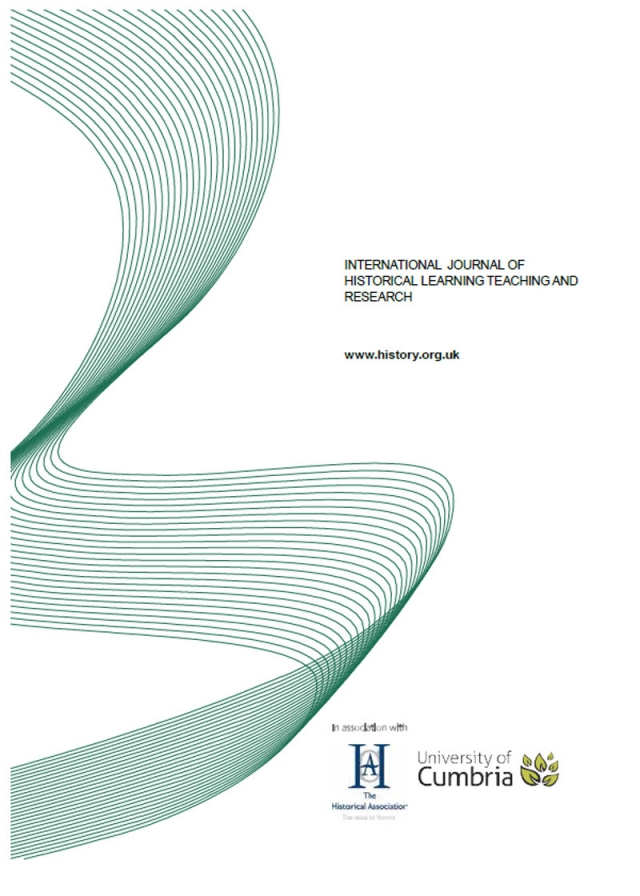International Journal 14.2: Editorial
IJHLTR Article

The world turned upside down
Harold Wilson’s aphorism that ‘a week is a long time in politics’ reflects the tumultuous changes that chance and circumstance can bring about in national affairs that affect us all. Wilson was Britain’s prime minster (1964–70, 1974–76) at a time that saw the dissolution of the British Empire and Britain’s counterbalanced joining of what is now the European Union. In the past year an incredulous world has seen a populist flood tide in America sweep Donald Trump into power and in Britain bring about the dissolution of Britain’s membership of the European Union. If a week is a long time in politics, a year is an eternity.
Was it ever thus? During the 17th century English Civil War a ballad with a millennial perspective commented on Parliament’s puritanical attack on holidays and Christmas celebrations:
Since Herod, Caesar, and many more,
You never heard the like before.
Old Christmas is kick’t out of Town.
Yet let’s be content,
And the times lament,
You see the world turn’d upside down.
How to create order from the chaos of the world we inhabit is perhaps the prime benefit that an historical education can offer. Thinking historically draws upon the discipline of history, ‘doing history’, as a process of enquiry that tries to develop objective, informed understanding that involves empathetic, sympathetic insight into the mentalities of the historical agents involved. Such understanding is grounded in evaluating the nature, reliability and provenance of the historical sources that are the evidential foundations underpinning historical judgments. As a discourse history holistically involves a set of processes, high-level skills, concepts, procedures and protocols: i.e. its syntactic/procedural structure.
Historians have a long tradition of recognizing this. Anna Comnena, perhaps the world’s first female historian wrote on her role as an historian in the preface to her Alexiad, an account of the Byzantine Empire during the reign of her father, Alexios (1081–1118):
"But he who undertakes the “role” of an historian must sink his personal likes and dislikes, and often award the highest praise to his enemies when their actions demand it, and often, too, blame his nearest relations if their errors require it. He must never shirk either blaming his friends or praising his enemies. I should counsel both parties, those attacked by us and our partisans alike, to take comfort from the fact that I have sought the evidence of the actual deeds themselves, and the testimony of those who have seen the actions, and the men and their actions-the fathers of some of the men now living, and the grandfathers of others were actual eye-witnesses." (The Alexiad of Anna Comnena)
Roland Bernhard, in the opening paper of IJHLTR 14.2, raises the crucial issue of thinking historically for history teachers: without this there is a danger of them being propagandists. The OECD recently made the apparently simple, but crucial point that educationally high performing countries build their mathematical and scientific education policy and practices around the concept of the pupils being able to think mathematically and to think scientifically.
Likewise the articles in IJHLTR 14.2 reinforce the very strong argument that history curricula should be built around teaching pupils to think historically. The Editorial Review explores how this idea provides a focus for its wide ranging articles that illuminate History Education’s role in empowering young citizens to develop an informed understanding of the ‘world turn’d upside down’ in which they live.

